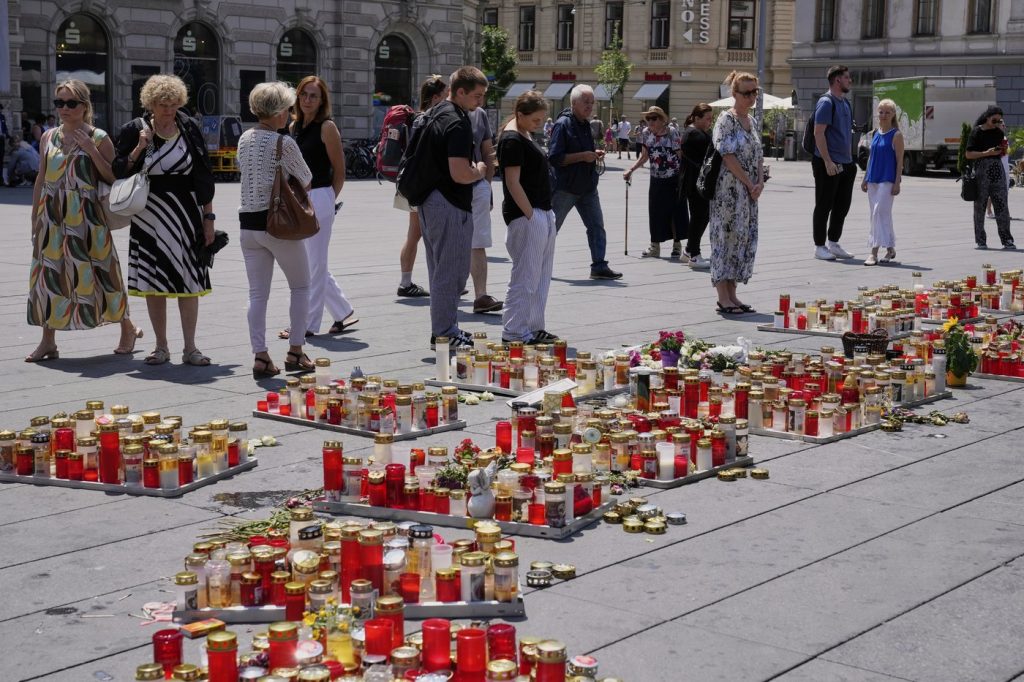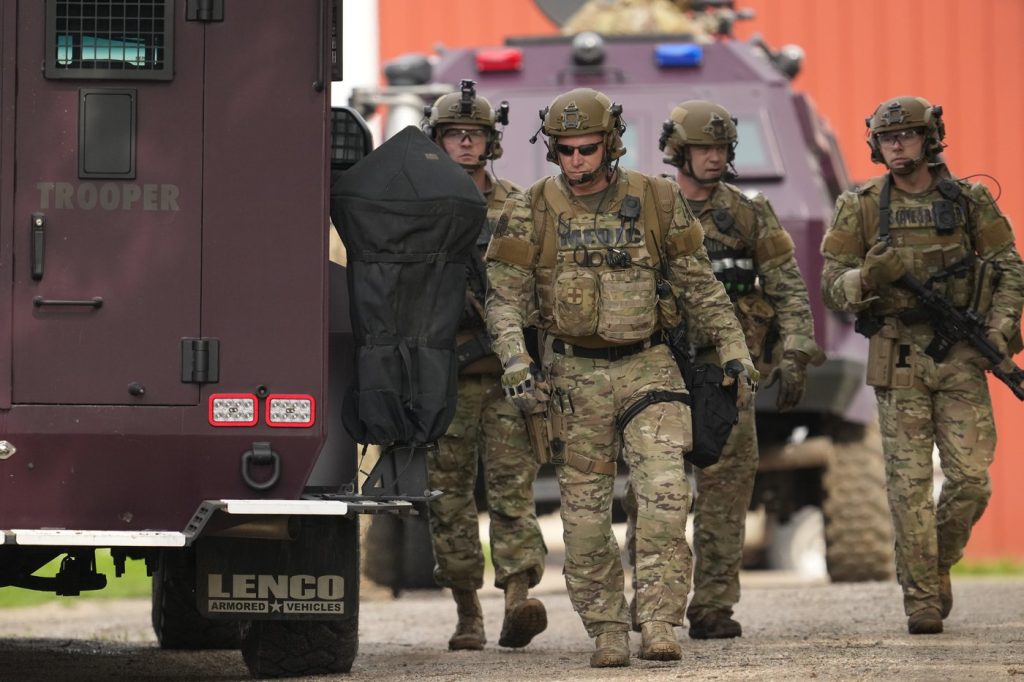VIENNA (AP) – In response to the tragic school shooting in Graz, where a 21-year-old former student killed nine students and a teacher, Austria is set to tighten its gun laws. This incident marks the deadliest post-war attack in the Alpine country, prompting urgent discussions about the nation's current firearms regulations.
The shooter, who had legally owned a shotgun and a pistol, carried out the attack at BORG Dreierschützengasse high school on June 5, 2025. After the shooting, which also resulted in the wounding of 11 individuals, the assailant took his own life in a bathroom at the school. The victims, comprising six girls and three boys between the ages of 14 and 17, are being mourned nationally, reigniting debates surrounding gun ownership in Austria.
Austria is known for relatively liberal gun laws compared to other European Union countries. Instances of gun violence are rare, but following the Graz attack, Chancellor Christian Stocker announced the need for more responsible regulation of weapon access. During a parliamentary speech, he emphasized stricter eligibility requirements for gun ownership and restrictions targeting certain risk groups, as well as improved data-sharing among authorities.
"In the future, wherever an individual risk situation is identified, consequences under firearms law must be drawn automatically," Stocker stated, indicating a move towards more preventive measures. While further details are expected soon, he hinted that potential reforms may include raising the minimum age for purchasing firearms.
The latest statistics from the Small Arms Survey reveal that Austria ranks 12th globally for civilian firearm possession, with approximately 30 firearms per 100 residents. This figure remains significantly lower than that of the US, which has 120 firearms per 100 residents, but exceeds that of neighboring Germany, which ranks 23rd with 19 firearms per 100 residents.
Under current regulations, certain weapons like manually reloaded rifles and shotguns can be acquired without a permit once an individual turns 18. Gunshops are not obligated to perform extensive background checks beyond confirming that there is no existing weapons ban on the buyer. Meanwhile, more complex firearms require specific licenses, such as a gun ownership card or a firearms pass, to acquire.
The gunman involved in the Graz incident possessed a gun ownership card that allowed him to acquire firearms, but he would have needed additional documentation to carry a handgun, which he used during the attack. The event has spurred authorities not only to amend firearms laws but also to bolster psychological support for students in schools across the country. Stocker confirmed that an increase in police presence near educational institutions would continue until the academic year concludes in the summer.
The government will also establish a compensation fund aimed at swiftly assisting the families affected by this tragedy. This fund is designed to cover funeral expenses, psychological care, and other vital support services, reflecting a commitment to help the community heal after this catastrophic event.
The attack in Graz serves as a grim reminder of the potential consequences of lax gun ownership laws and the pressing need for legislative change in Austria. As the nation mourns the loss of young lives, the focus shifts towards creating safer environments and more rigorous controls on firearm accessibility.












